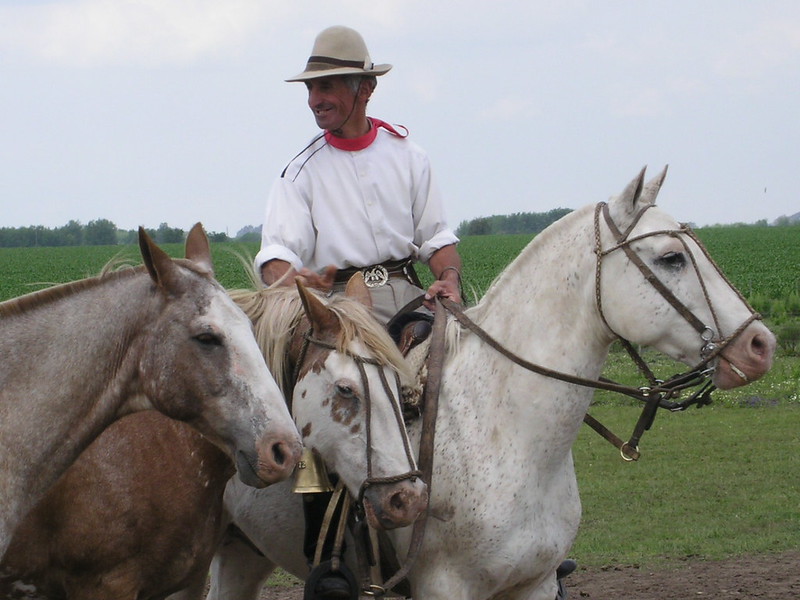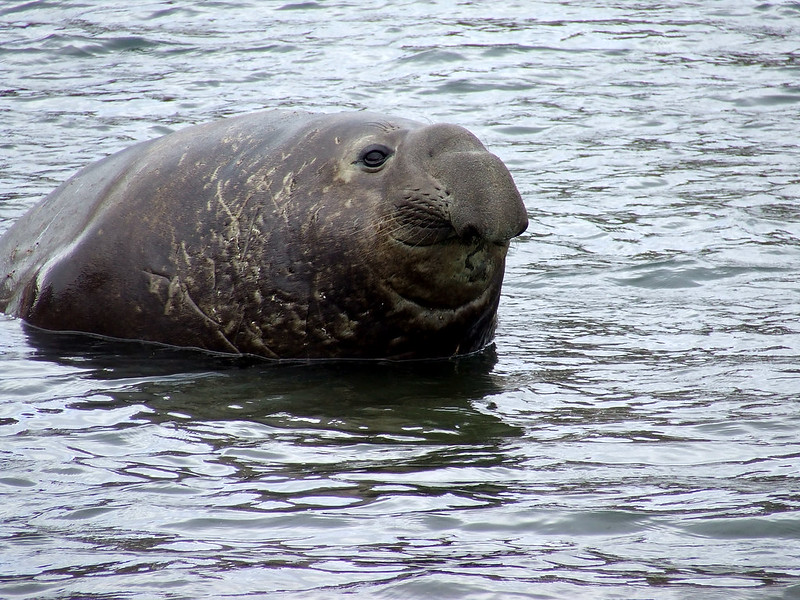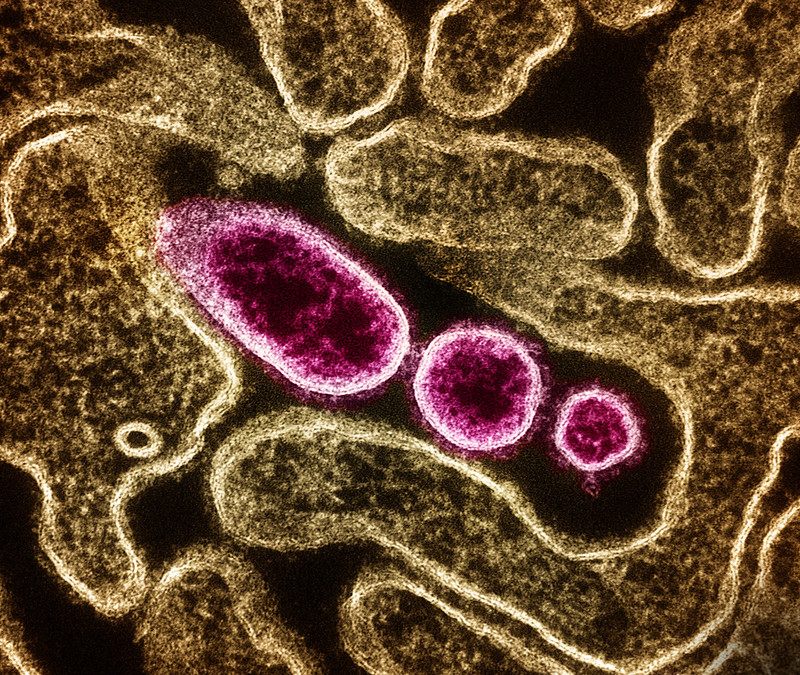Following Argentina's report in December of a rare human Western equine encephalitis (WEE) case, its first in more than two decades, the number of infections has risen to 21, the Pan American Health Organization (PAHO) said yesterday in an update.

Also, as of January 9, health officials have reported 338 outbreaks in animals across Argentina, along with 36 animal outbreaks in Uruguay.
So far, 91 suspected cases have been reported, of which 21 were confirmed. Eleven were from Buenos Aires province, with illnesses also reported from Santa Fe (8), Entre Rios (1), and Santiago del Estero (1) provinces. One of the cases was fatal. All but two of the patients are male, and their ages range from 9 months to 75 years, with most of the cases in people ages 50 and older. The most common symptoms were sudden fever onset, headache, vomiting, and mental confusion.
All patients were hospitalized, and eight needed intensive care unit treatment. Eleven remain hospitalized, and nine have been discharged. Of seven patients with exposure histories, three were veterinarians, two were construction workers, and two had taken part in recreational activities.
Birds are the main hosts of the virus, which can pass the disease to humans and animals through infected mosquitoes. People who work or play outdoors in areas where the virus is endemic or is causing outbreaks in animals are at higher risk of infection.















